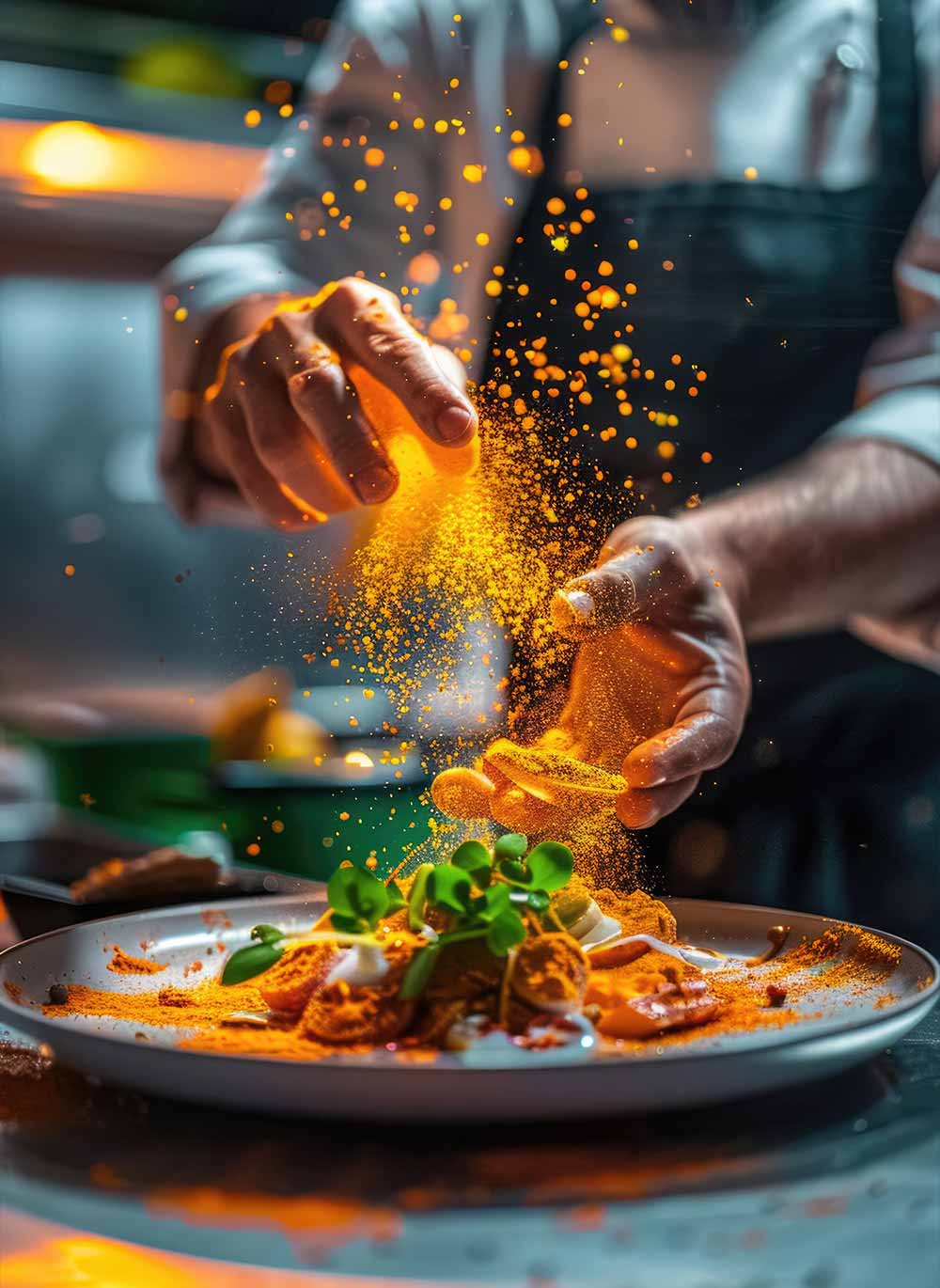
Culinary Facts
Welcome to our Culinary Delights and Cultural Flavors segment, where we savor the rich tapestry of food traditions from around the globe. Food is more than sustenance—it is a reflection of history, geography, and cultural heritage. Join us as we explore five intriguing facts that highlight the diversity and deliciousness of dishes enjoyed by people across different cultures and continents.
Sushi
Originating in Japan, sushi is a dish that has evolved over centuries. Contrary to popular belief, sushi does not always involve raw fish. Traditional sushi refers to vinegared rice seasoned with sugar and salt, combined with various ingredients like seafood, vegetables, and sometimes tropical fruits. Each region in Japan has its own unique style of sushi, showcasing local flavors and ingredients.
Chocolate
Chocolate, derived from the seeds of the cacao tree, has a rich cultural history dating back to ancient Mesoamerican civilizations. The Aztecs and Mayans prized cacao beans for their use in beverages believed to have mystical and medicinal properties. Today, chocolate is enjoyed worldwide in various forms, from decadent desserts to savory dishes that incorporate its complex flavors.
Pizza
Pizza, a beloved Italian creation, has become a global culinary icon. Originating in Naples, Italy, pizza traditionally consists of a thin crust topped with tomato sauce, mozzarella cheese, and various toppings such as basil, mushrooms, and cured meats. Its popularity has led to countless regional variations and interpretations worldwide, each reflecting local ingredients and cultural preferences.
pizza Places in the world
Tea
Tea, the second most consumed beverage globally after water, has a history spanning thousands of years. Originating in ancient China, tea was initially valued for its medicinal properties before evolving into a cultural and social ritual. From the elaborate tea ceremonies of Japan to the chai stalls of India and the traditional afternoon teas of England, tea plays a central role in ceremonies, social gatherings, and daily life across diverse cultures.
Cups of Tea drank per day
Tacos
Tacos, a staple of Mexican cuisine, have a history dating back to ancient indigenous cultures. The word “taco” originally referred to a small dynamite charge used in silver mines, later evolving to describe the folded tortillas filled with various meats, vegetables, and salsas that we enjoy today. Tacos are a versatile dish celebrated for their simplicity, flavor combinations, and ability to adapt to local ingredients and tastes.
First taco
Related Articles
The History of Dominoes—A Game of Strategy and Chance
Dominoes, with their iconic rectangular tiles, have entertained and challenged players for centuries. The game originated in China around the 12th century, where early dominoes were designed to...
The Science of Glaciers—Rivers of Ice
Glaciers, massive rivers of ice that move over land, are among Earth’s most powerful natural forces. Formed from layers of compressed snow over thousands of years, glaciers can be found on every...
The Invention of Roller Coasters—Thrills Through Time
Roller coasters, the heart-pounding rides we know today, have a history that begins with a much chillier inspiration: 17th-century Russian ice slides. These slides, made of wood and ice, were...





